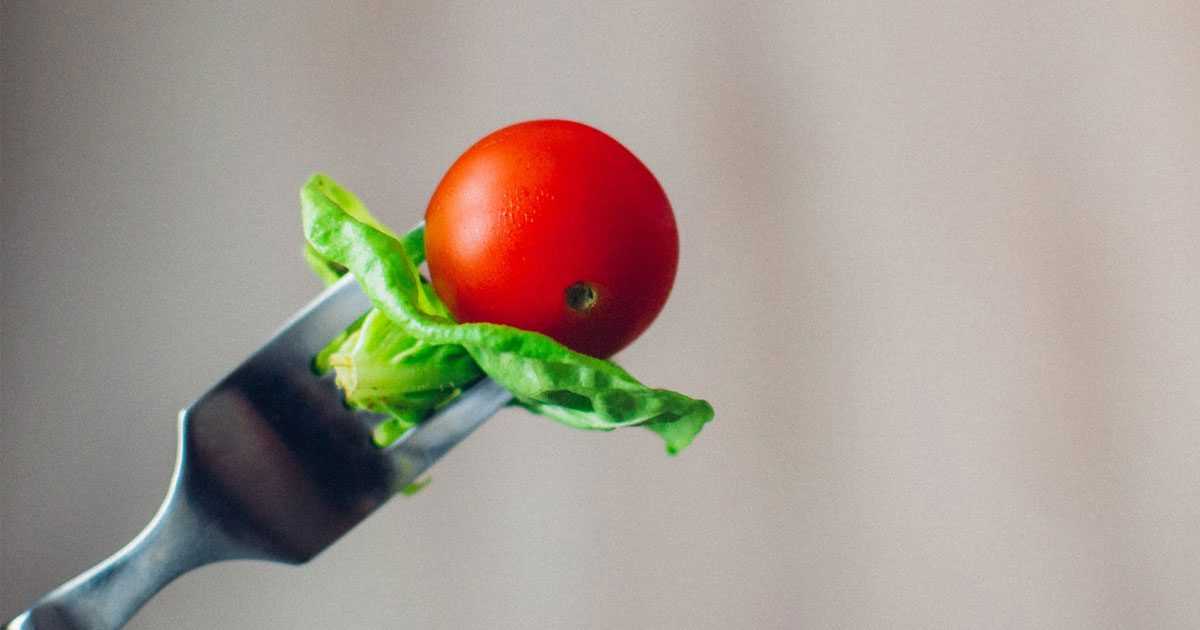Insulin Resistance (IR) is a disorder of metabolism in which the body cells fail to regulate and store glucose that is released into the bloodstream from our daily diet. This is because the body cells fail to respond to the insulin produced by the pancreas.
The function of insulin is to make the cells active to take in the glucose which is then used as fuel whereas the rest is stored by the body. In this disorder, the cells fail to perform the glucose-regulating function properly.
When the cells fail to regulate the glucose, the glucose accumulates in the bloodstream causing a significant rise in sugar level of the body. This rise becomes the major cause of problems like pre-diabetes, obesity and diabetes mellitus. To manage metabolic disorders book an appointment with the best endocrinologist in Karachi, Lahore or other main cities of Pakistan via Marham.pk.
Symptoms of Insulin Resistance:
The patient does not show significant symptoms unless the body’s glucose level rises beyond the threshold. The patient then shows the following signs:
- Increased hunger
- Tummy fat
- Tiredness


- Signs of diabetes
- High cholesterol level
- High blood pressure
Complications Related to Insulin Resistance Therapy:
- Lipodystrophy: The deposition of insulin at the sites of injection. The patient may feel inflammation, swelling and abnormal contours at the injection sites.
- Insulin allergy: Some patients when given the injections for therapy of insulin resistance, develop skin problems at the sites of injections. Such as rash, irritation, hives etc.
- Pathological reactions: Including immune allergies, immune insulin resistance, lipoatrophy etc. Such reactions are experienced after the insulin resistance therapy injections are given to the patients.
- Patients fail to respond to glucagon. This is common in people who have type-1 diabetes.
- Hypoglycemia: Hypoglycemia is a condition in which the sugar level of the body falls below the normal range. It is also known as low blood sugar. The patient may experience fatigue, intense hunger pangs, unconsciousness, and difficulty in talking. This is one of the biggest complications of insulin resistance therapy.


A nutritionist can help you to know more about how diet changes can help in regulating blood sugar and insulin levels. Book an appointment with the best nutritionist in Karachi, Lahore or other main cities of Pakistan via marham.pk. Because apart from therapies and medications, insulin resistance can be treated by changing the diet. The patient may use unrefined corn, unrefined bread, and potato products and high glycemic index carbs.

